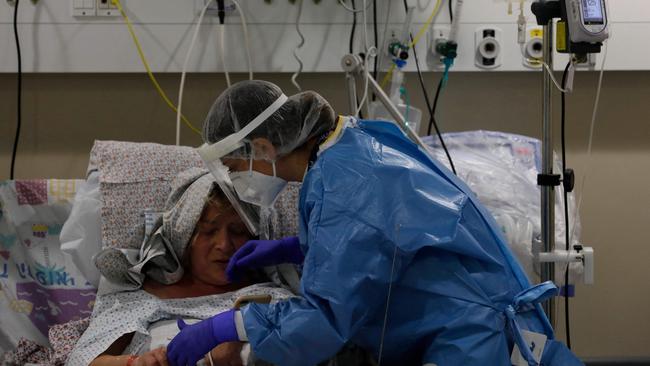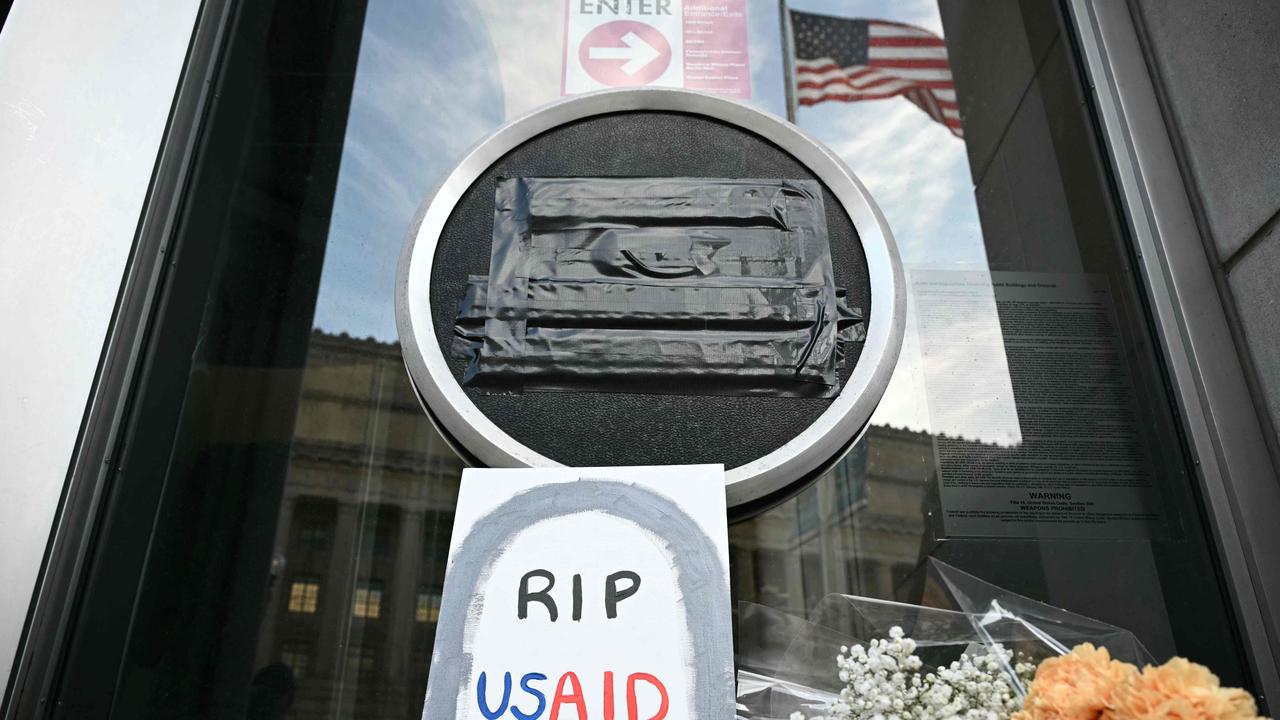Israel finds vaccine runs out of grunt on the fourth Covid jab
The bottom line is that the vaccine was excellent against the Alpha and Delta variants, but for Omicron it’s not good enough.

Israel experienced its highest daily number of new Covid cases this week – 71,000 out of a population of 9 million – but the head of country’s health department, Nahman Ash, concedes the number may be up to three times higher. Whichever figure is correct, the trend is certain: case numbers have been rising every day for the past two weeks, as the Omicron wave surges.
“Ninety-eight per cent of our patients are now infected with Omicron,” says Dror Mevorach, who heads the Covid ward at Hadassah hospital in Jerusalem.
As the number of seriously ill patients rises, hospitals are reopening Covid wards and postponing elective surgery. Health bureaucrats and politicians hope this wave will peak before the hospital system overloads.
If all this sounds familiar, that’s because it is. Israel’s government is taking steps similar to those in Australia to deal with the contagious Omicron variant, focusing on the numbers of seriously ill rather than overall infections and limiting polymerase chain reaction tests to the immuno-compromised and those aged over 60.
“We have no choice, we are doing 250,000 PCR tests a day and we simply don’t have the technicians to process tests on this scale,” says the country’s top public health official, Sharon Alroy-Preis.
As a result, Israel is also adopting self-administered rapid antigen tests as its alternative testing method, and a lack of supply has led to queues and rising prices too. Prime Minister Naftali Bennett admitted this was a problem, but said it could be solved.
“We will purchase 50 million more RATs,” he said last week. The finance minister said 20 million would be enough. They appear to have sorted out that issue, as on Tuesday Mr Bennett said the first delivery was due next week. And the main policy change: 25-30 million kits will be distributed for free to certain sectors of the population.
In the initial distribution, every schoolchild will receive a set of six home tests. Some 2.5 million will go to aged-care facilities, 800,000 to families in need and university students. Israel’s Health Minister, Nitzan Horowitz, says in later distributions the plan is to make them free to all. He also predicts the Omicron wave will peak in the coming days.
From the start, Israel has been proactive, pioneering mass vaccinations and the third booster shot. Once it became clear that the largest numbers of vaccinated people contracting the Omicron variant were older, Israel last month initiated a fourth vaccine booster for those over 60, as well as frontline medical workers and the immuno-compromised.
As a fourth shot had not been approved by US regulatory authorities, the Sheba Medical Centre near Tel Aviv began a trial, testing its effect on its staff, who have been monitored since December 2020, when they received the first dose of the vaccine. Preliminary results released this week have found only middling results.
“The vaccine, which was very effective against the previous strains, is less effective against Omicron,” said Gili Regev-Yochay, who is leading the trial.
“We see many who receive the fourth dose and are infected with Omicron. Granted, a bit less than in the control group, but there are still a lot of infections. The bottom line is that the vaccine was excellent against the Alpha and Delta variants, but for Omicron it’s not good enough.”
The trial, which follows 150 medical staff, is much smaller than most drug trials, where thousands of participants are tracked for months. But Dr Regev-Yochay says she released the preliminary findings because it’s the only known study of the fourth dose. She added it was still probably beneficial to give a fourth jab to people in higher risk groups including the very elderly, but hinted that perhaps it need not be given to everyone over 60.
More than 500,000 Israelis have received a fourth dose, and Dr Alroy-Preis says with hindsight it was still the right decision. “A five to six fold increase in antibodies is better than nothing and this is the most vulnerable section of the community,” she said.
Israel has also been prescribing the new Pfizer drug Paxlovid. Ruth Ralbag, head of private health fund Clalit, said the new drug was only appropriate for people in the first stages of the disease and could be taken at home. “Covid is teaching us that care at home is the future,” she said.
It seems even a proactive government finds it hard to remain popular during a pandemic. According to the latest polls, 48 per cent of Israelis, frustrated at the high infection rate and repeated quarantines, don’t think the government is doing a good job.


